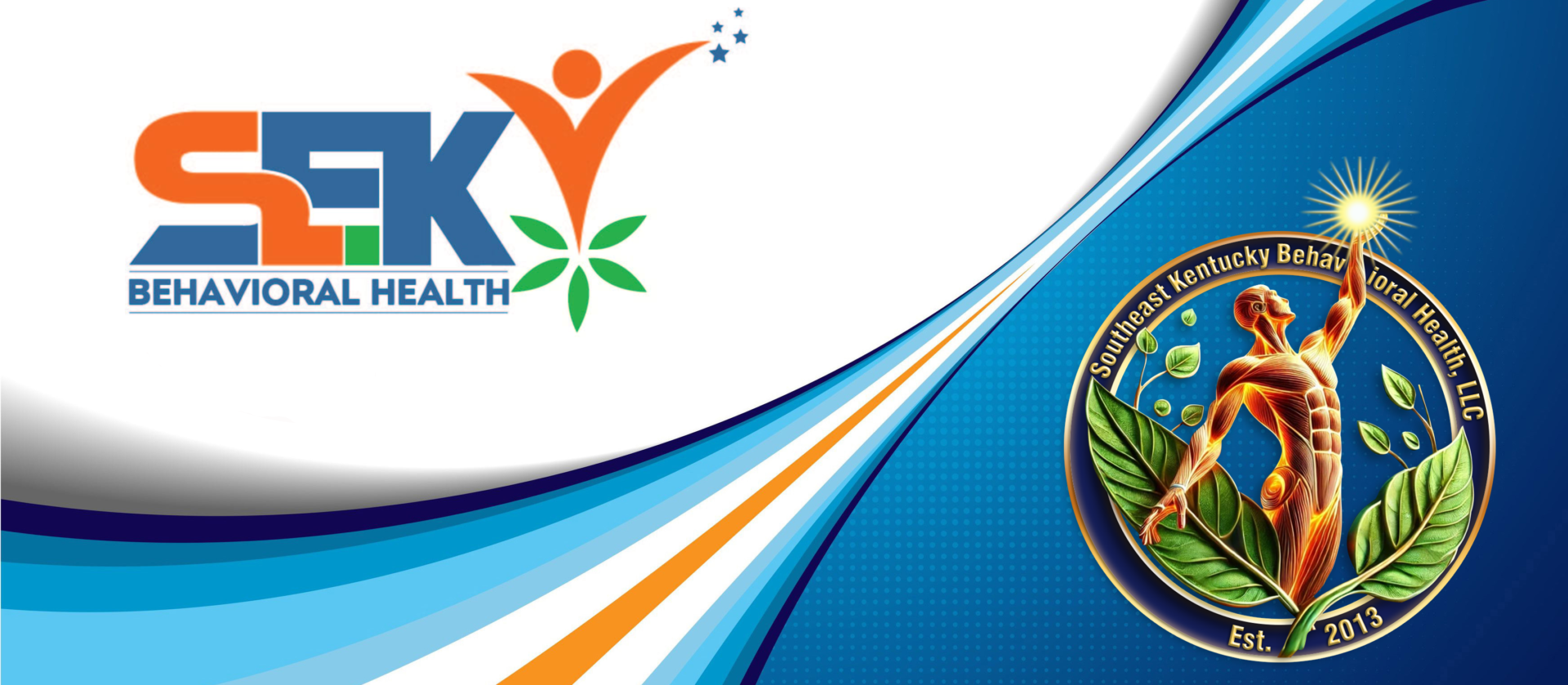Behavioral Health Services for First Responders: Addressing Mental Health Challenges in High-Stress Professions

First responders, including firefighters, paramedics, police officers, and emergency dispatchers, operate in high-stress environments that expose them to traumatic incidents, life-threatening situations, and intense public scrutiny. These stressors contribute to significant mental health challenges, necessitating comprehensive behavioral health services. Addressing the psychological well-being of first responders is crucial to maintaining their overall health, job performance, and quality of life.
Prevalence of Mental Health Issues Among First Responders
First responders experience elevated rates of mental health disorders compared to the general population. Studies indicate that approximately 30% of first responders develop behavioral health conditions such as depression, post-traumatic stress disorder (PTSD), and anxiety, whereas the general population’s prevalence is approximately 20% (SAMHSA, 2018). Additionally, first responders are at increased risk for suicidal ideation and substance use disorders due to repeated exposure to distressing events (Stanley et al., 2016).
Stressors Impacting First Responders’ Mental Health
- Chronic Exposure to Trauma: Repeated exposure to violence, death, and disaster can lead to cumulative trauma effects, increasing the risk of PTSD (Berger et al., 2012).
- Occupational Stress: Shift work, long hours, and high-pressure decision-making contribute to anxiety and burnout (Bennett et al., 2020).
- Stigma and Barriers to Care: Many first responders hesitate to seek behavioral health services due to stigma, fear of job repercussions, and the perception that admitting struggles indicates weakness (Haugen et al., 2017).
Behavioral Health Services and Interventions
1. Peer Support Programs
Peer support programs have been widely implemented in first responder agencies, providing an informal yet effective avenue for mental health support. These programs allow colleagues to offer emotional support and share coping strategies, reducing stigma and encouraging help-seeking behavior (Carpenter et al., 2018).
2. Critical Incident Stress Management (CISM)
CISM is a structured approach designed to help first responders process traumatic experiences and reduce acute stress reactions. It includes debriefing sessions, counseling services, and resilience training (Mitchell, 2019).
3. Employee Assistance Programs (EAPs)
Many agencies offer EAPs, which provide confidential counseling, mental health resources, and crisis intervention services. EAPs help first responders address work-related and personal stressors that impact their well-being (Chapin et al., 2011).
4. Trauma-Informed Therapy
Evidence-based therapies such as Cognitive Behavioral Therapy (CBT) and Eye Movement Desensitization and Reprocessing (EMDR) have proven effective in treating PTSD and anxiety among first responders (Benedek et al., 2007).
5. Resilience Training and Mindfulness Practices
Preventative programs focusing on resilience training, mindfulness, and stress reduction techniques enhance first responders’ ability to cope with occupational stress. These interventions improve psychological flexibility and reduce emotional exhaustion (Joyce et al., 2019).
Policy and Systemic Changes
To promote the mental well-being of first responders, policy changes and systemic interventions are necessary:
- Mandatory Mental Health Screenings: Regular screenings help identify mental health concerns early and connect individuals with appropriate services.
- Improved Access to Services: Increasing funding for mental health programs and integrating behavioral health professionals into first responder agencies can improve access to care.
- Reducing Stigma: Organizational leadership should foster a culture where seeking mental health support is encouraged and normalized.
Behavioral health services for first responders are critical in mitigating the long-term effects of occupational stress and trauma. Implementing comprehensive mental health interventions—including peer support, crisis management, therapy, and systemic policy changes—can significantly improve first responders’ psychological resilience and job performance. Continued research and investment in behavioral health programs will ensure that those who serve and protect communities receive the mental health support they need.
References
- Benedek, D. M., Fullerton, C., & Ursano, R. J. (2007). First responders: Mental health consequences of natural and human-made disasters for public health and public safety workers. Annual Review of Public Health, 28(1), 55-68.
- Bennett, G., Williams, Y., & Wright, K. (2020). Work-related stress and burnout in first responders: A systematic review. Journal of Occupational Health Psychology, 25(2), 183-198.
- Berger, W., Coutinho, E. S. F., Figueira, I., et al. (2012). Rescuers at risk: Posttraumatic stress symptoms among first responders following disasters. Journal of Anxiety Disorders, 26(5), 422-430.
- Carpenter, M., Perera, J., & Patterson, J. (2018). Evaluating the effectiveness of peer support programs for first responders. Psychological Services, 15(2), 215-224.
- Chapin, M., Brannen, S. J., Singer, M. I., & Walker, M. (2011). Training and sustaining peer supporters for first responders. Journal of Workplace Behavioral Health, 26(1), 95-113.
- Haugen, P. T., Evces, M., & Weiss, D. S. (2017). Treatment of PTSD in first responders: A systematic review. Clinical Psychology Review, 53, 22-35.
- Joyce, S., Shand, F., Tighe, J., et al. (2019). A randomized controlled trial of resilience training for first responders. Journal of Occupational Health Psychology, 24(4), 437-447.
- Mitchell, J. T. (2019). Critical incident stress management (CISM): Strategies for crisis intervention and stress management. Charles C Thomas Publisher.
- SAMHSA (2018). First responders: Behavioral health concerns, emergency response, and trauma. Substance Abuse and Mental Health Services Administration.
- Stanley, I. H., Hom, M. A., Hagan, C. R., & Joiner, T. E. (2016). Career prevalence and correlates of suicidal thoughts and behaviors among first responders. Journal of Affective Disorders, 190, 363-371.

